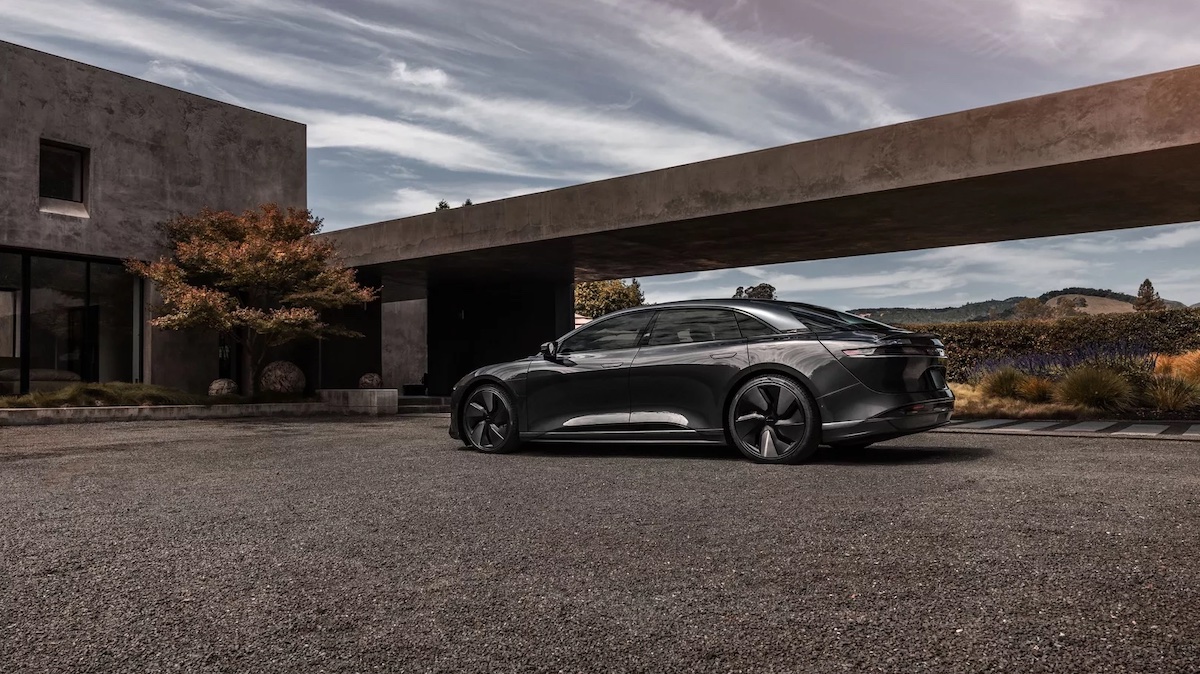Two months ago, I had reviewed the operation, creativity, and the potential of development in the future of car brands worldwide by the ranking of market cap, and I also see not much relevance between the ranking of market cap and the ranking of sale volume indeed. The market cap is the total price of the listed stocks of that company, which is a clear quantified value, but the brand value is the overall evaluation of marketing and financial sides, and there’s no globally agreed-upon common formula. However, it’s clear that those “consumers’ recognition” factors including popularity of brands, preference and loyalty of consumers will be the foundation of evaluation of the significant difference between brand value and market cap. In the ranking of brand value of 2021 published by the well-known Interbrand in March, the top ten are: Toyota, Mercedes-Benz, BMW, Tesla, Honda, Hyundai, Audi, Volkswagen, Ford, and Porsche. And top ten ranking of the market cap that is always floating in June is: Tesla, Toyota, BYD, Volkswagen Group, Mercedes-Benz, BMW, General Motors, Ford, Great Wall, and Honda (Porsche’s stock hasn’t been listed yet). There are 3 biggest differences between these two ranking lists…
- Major manufacturers of new energy vehicles or brands that only focus on China Market like Tesla, BYD, and Great Wall, can’t get the same favor in the brand value as market cap ranking. However, this is the ranking of last year, and in the situation that BYD’s sales volume has skyrocketed this year, I believed that BYD can thrust in top ten after this year.
- Volkswagen Group is the biggest winner in the ranking of brand values, which has Audi, Volkswagen, Porsche in the top ten.
- Hyundai has unlimited potential that ranked at 6th position in brand value, which is expected to keep improving.
For the owners of companies, the market cap is definitely the most important thing; but for consumers and analysts of industry and market, the brand value deliver profound meanings… It symbolizes the resale value of used cars in the future, the acceptance from families and friends to this car, the difficulty of working challenge for supervisors and salespeople in dealers. Brand values can be described as the cumulative result from years of marketing and financial status, which isn’t easy to skyrocket, but it could plunge due to product issues or poor customer services.

When the era of intelligent BEVs comes in the future, it will bring many brands established by startup companies and tech giants. These new brands must have solid foundation, but not just throw out topics to ideate the imaginable space of stock price, to create and improve the brand value…
- The static quality of assembly works and the dynamic quality of driving performance of products must be well done.
- The durability of key components must be assured.
- Before-sale service must be professional and honest, and the promotions should be fewer the better. Squeezing the short-term sales performance is undoubtedly drinking poison in the hope of quenching one’s thirst.
- The instruction of car delivery process must be comprehensive. The PDI and document arrangement must be confirmed by supervisors in advance. Be sure to introduce supervisors of sales and aftersales to customers for appreciation before they leave.
- Aftersales services must be intimate, and don’t push selling chemical products or accessories to increase the sales revenue (BEVs don’t need chemical products anymore for sure).
- Customer service hotline must be handled directly to top level management to ensure it has top authorization, fast handling, and customer satisfaction.
- The appreciation by used cars department of dealers must have related references as the proof to improve the efficiency and credibility during bargaining.
Certainly, these are not fresh know-how, but it takes the cooperation among distributors, supervisors of dealers, and frontline personnel in the process of execution, which isn’t so easy. The brand value is not only determined by products from manufacturers, but the dealers at the contact point of customers. The new type of e-commerce and virtualized product experiences in the future will further decrease the frequency and time period of customer contacts, which will make the build-up of brand values even harder. At this moment, in the curtailed process of contact (e.g., online introduction of product features, the expertise and efficiency of the delivery personnel…), and the human factors including details and quality (e.g., the position and direction of cups while serving coffee, wet towels or hot towels, the appearance and manners of receptionists…) will be the key of differentiation from the brand value of other brands.